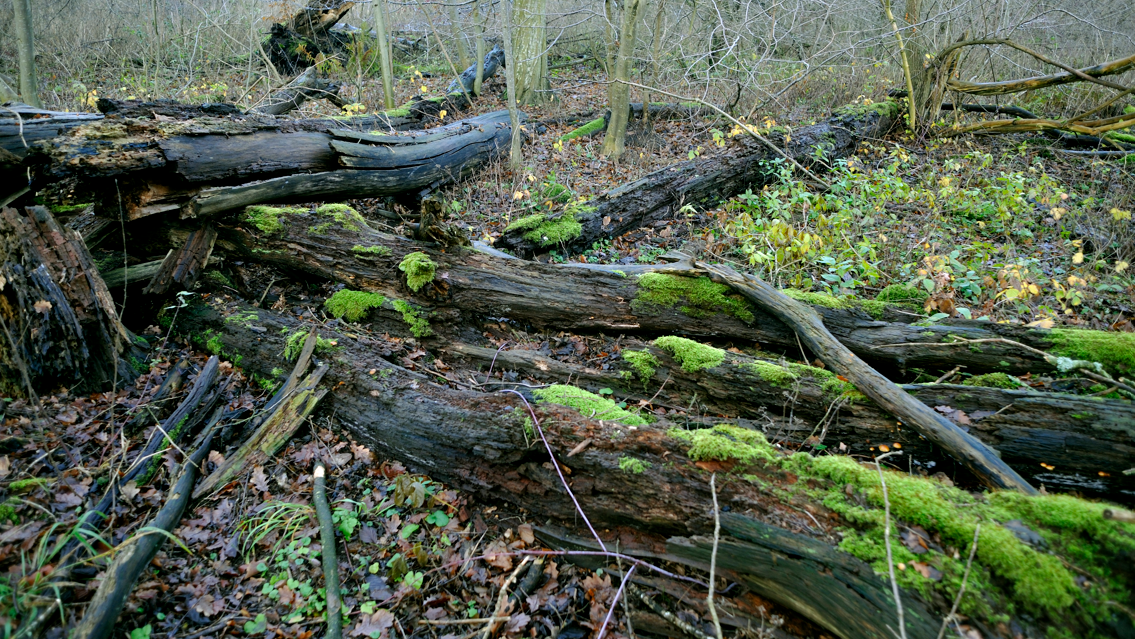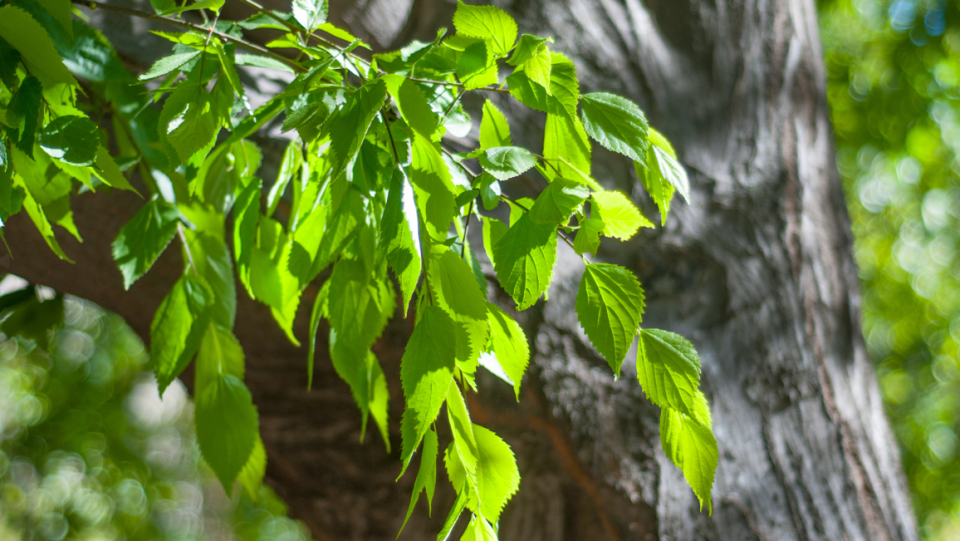Hybrid trees give hope in push to revive elm species

The future of the elm population in the South East may have been secured by a new strain which has passed early tests against the disease that devastated the trees in the 1970s.
Dutch elm disease is a fungal infection spread by tiny bark beetles that can rapidly wither and kill healthy trees.
A new strain has been created by crossing a British elm growing in Kent with a tree that contained disease-resistant genes from an Asian species.
Professor Richard Buggs, senior research leader at Kew Gardens, said: "There is a long track record of failed hope for elm, so we cannot be entirely sure yet."
Several projects are being conducted to revive the elm population, including at Lees Court Estate, in Faversham, Kent, and the Gravetye Estate, in East Grinstead, East Sussex.
Growing trials have also been held at Kew, at the Royal Botanical Gardens in Edinburgh and King Charles' estate at Highgrove.
Fiona Humphreys, development manager for the William Robinson Gravetye charity, said: "Elm supports lots of wildlife, including really rare butterflies.
"We're hoping these trees will thrive, we'll be able to take cuttings and see elm reintroduced across Sussex and the rest of Britain."

The Royal Botanic Gardens is also working on the project at its site at Wakehurst, near Ardingly, West Sussex.
Professor Buggs said: "Numbers of elm in the countryside are already going up.
"I'm optimistic. We really have to be thinking quite hard about how we help our trees, and breeding trees is one of the solutions."
Dutch elm disease first made its appearance in the UK in the 1920s, killing up to 40% of all elm trees.
A more aggressive strain emerged in the late 1960s, brought to Britain with a shipment of logs from North America.
More than 25 million trees died or were felled during the 1960s and 1970s from the disease.
Follow BBC Sussex on Facebook, on X, and on Instagram. Send your story ideas to southeasttoday@bbc.co.uk or WhatsApp us on 08081 002250.

